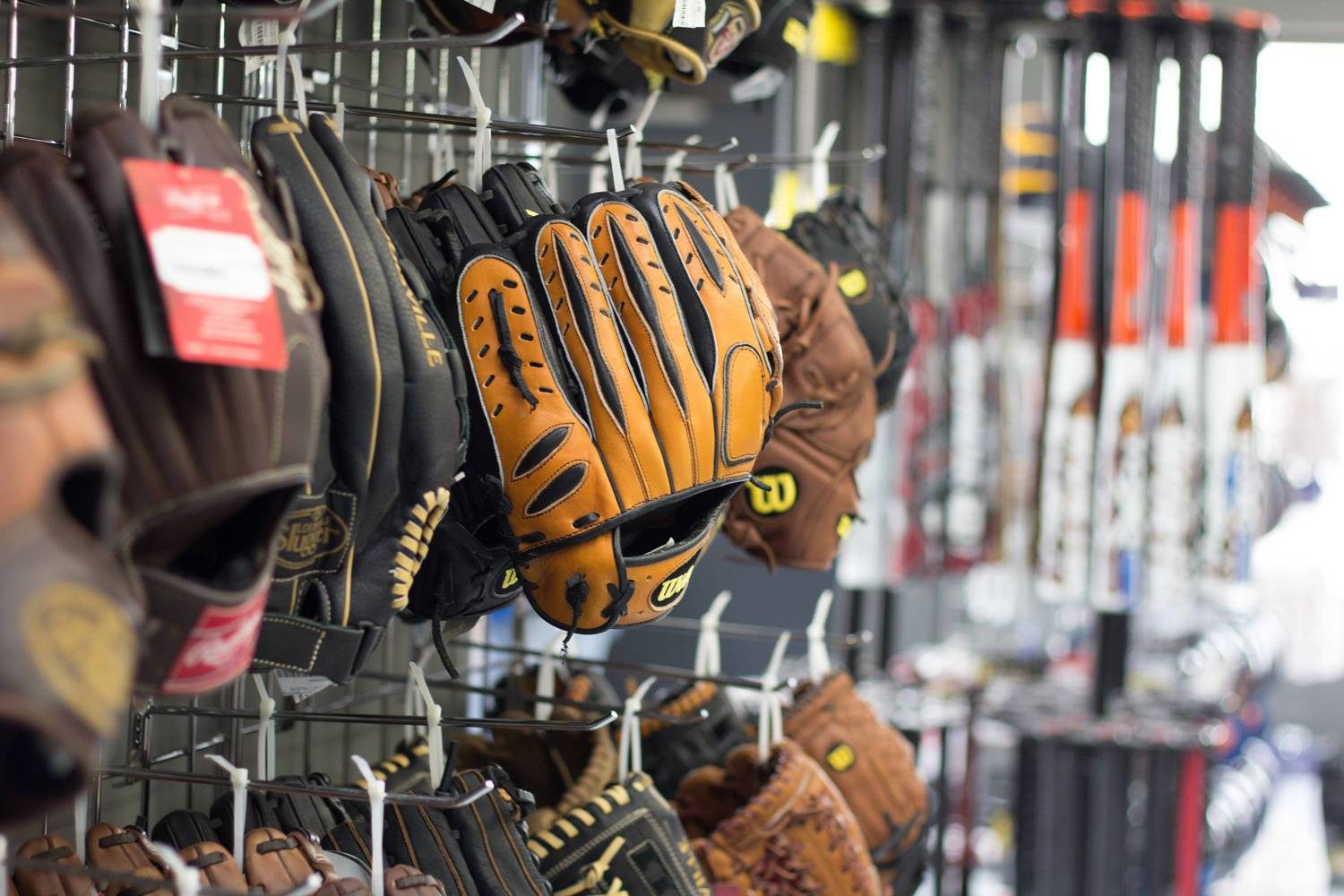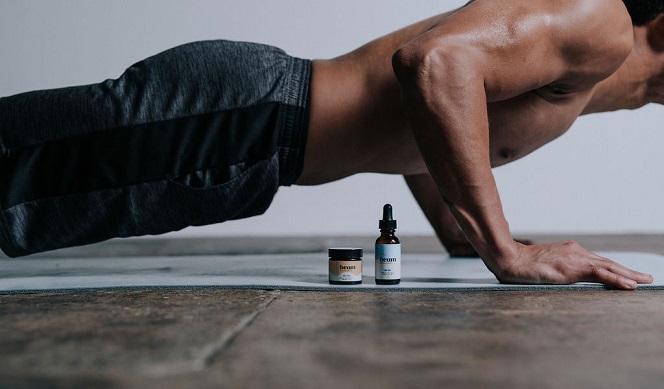

Workouts put a great deal of stress on athletes’ bodies same as best CBD oil in Canada, which can have both positive and negative consequences. Many people are curious about cannabidiol (CBD) for athletes searching for better rehabilitation and safer pain medication. Training stress promotes the development and improved results. Still, physical damage and long-term wear and tear can result in injuries and discomfort.
Current pain control methods do not always produce effective results. Do you think you should?
Is it Legal for Athletes to Use CBD?
The World Anti-Doping Agency (WADA) removed CBD from the list of banned substances – both in and out of competition in 2018. The USADA did something similar, and they even have a dedicated “Marijuana FAQ” page to help explain the rules.
However, there is a crucial key point: CBD was the only substance emitted from the blacklist. THC, the psychoactive chemical of cannabis, and artificial CBD are still banned in sports.
WADA has set a new urinary limit of 150 ng for every ml for THC. This is significantly greater than the previous maximum, which is 15 ng per ml. The upper limit is intended to reduce the possibility of an athlete failing tests caused by recreational use outside competitions.
Outside of sports, the federal, state, and local legalities of cannabis and related items are continually changing. Therefore it is important to examine the law in your area.
Benefits of CBD for Athletes
CBD is already present in your body. Scientists have discovered the endocannabinoid system (ECS), which regulates neuronal activity. Consuming CBD can be a way to complement or boost the function of your body’s internal ECS.
• Relieve pain
CBD has been shown in studies to be beneficial for pain relief, including musculoskeletal pain from workouts and joint stiffness. More proof is still needed to back up the claim. However, CBD oil appears to be an efficient pain reliever for many athletes.
• Alternative to NSAIDs
Due to the evident increased risk of renal injury, athletes are usually advised to avoid NSAIDs during lengthy training sessions and competitions. Some athletes have discovered that CBD can minimize or remove their use of NSAIDS for workout pain while causing minimal side effects.
• Reduce inflammation
A small amount of inflammation can be beneficial to athletes. It aids in the stimulation of positive training adaptations. But, too much inflammation slows down recovery and degrades performance.
Internal organ inflammation can also be excruciating. Cannabinoids that bind to CB2 receptors can have an anti-inflammatory effect by inhibiting the development of cytokines. It will assist in reducing the immune system’s reaction.
• Enhance sleep quality
Getting more and better sleep is one of the most important ways for athletes to maximize their training results. According to evidence, athletes who use CBD claim easier falling asleep and a more pleasant night’s sleep.
Conclusion
The adoption of CBD may mark a pivotal point in how athletes deal with training stress and chronic pain. CBD has a lot of possible benefits with very few drawbacks. Athletes, however, can be charged with doping if the products they consume contain any banned substance by mistake.